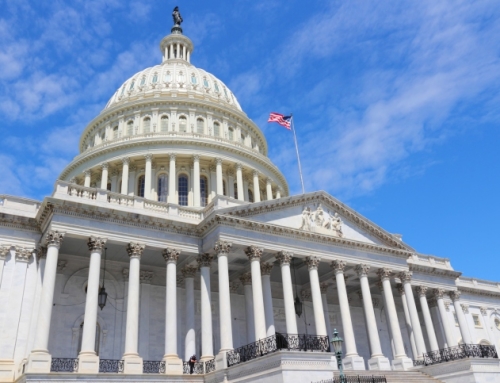The US Equal Employment Opportunity Commission on Friday added a “Return to Work” section to its updated and expanded technical assistance publication addressing questions arising under the Federal Equal Employment Opportunity Laws related to the Covid-19 pandemic.
The publication, “What You Should Know About Covid-19 and the ADA, the Rehabilitation Act, and Other EEO Laws” expands on a previous publication that focused on the Americans with Disabilities Act and Rehabilitation Act, and adds a questions-and-answers section for anticipating return to work situations, making reasonable accommodations, and harassment.
Additions to the publication clarify the following return-to-work policies:
When may an ADA-covered employer take the body temperature of employees during the Covid-19 pandemic?
Generally, measuring an employee’s body temperature is a medical examination. Because the Centers for Disease Control and Prevention and state/local health authorities have acknowledged community spread of Covid-19 and issued attendant precautions, employers may measure employees’ body temperature. However, employers should be aware that some people with Covid-19 do not have a fever.
Does the ADA allow employers to require employees to stay home if they have symptoms of the Covid-19?
Yes. The CDC states that employees who become ill with symptoms of Covid-19 should leave the workplace. The ADA does not interfere with employers following this advice.
When employees return to work, does the ADA allow employers to require a doctor’s note certifying fitness for duty?
Yes. Such inquiries are permitted under the ADA either because they would not be disability-related or, if the pandemic were truly severe, they would be justified under the ADA standards for disability-related inquiries of employees. As a practical matter, however, doctors and other healthcare professionals may be too busy during and immediately after a pandemic outbreak to provide fitness-for-duty documentation. Therefore, new approaches may be necessary, such as reliance on local clinics to provide a form, a stamp, or an e-mail to certify that an individual does not have the pandemic virus.
The publication also includes information on disability-related inquiries and medical exams; confidentiality of medical information hiring and onboarding; reasonable accommodation; and pandemic-related harassment due to national origin, race, or other protected characteristics. It is available online.
Employers should remember that guidance from public health authorities is likely to change as the Covid-19 pandemic evolves, the EEOC advises. Therefore, employers should continue to follow the most current information on maintaining workplace safety.









